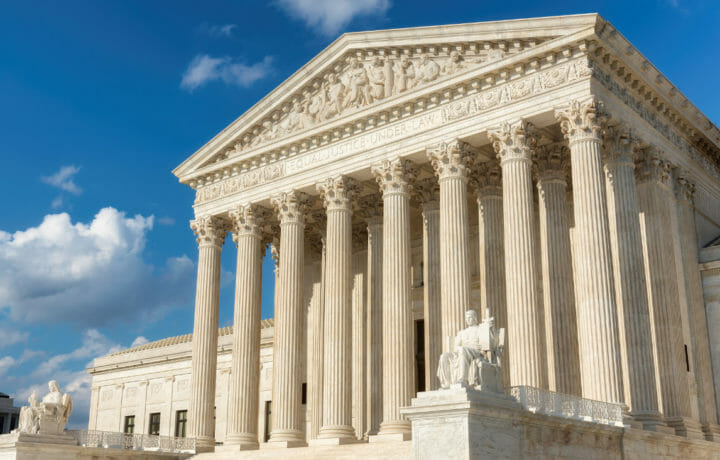Current events spark conversation among federal government employees, where opinions can become quite diverse. Elections and campaigns, social issues, court decisions, and administration policies will often be important enough to someone that they find it a valuable use of time to declare their thoughts on the matter face-to-face or on social media.
The Hatch Act – political speech vs. free speech
How many restrictions are placed on federal government employees (including uniformed service) when it comes to talking about the above? The primary source is the oft cited Hatch Act – federal legislation which limits the scope of political activity an agency or employee may engage in. The act specifically prohibits employees from using their position to influence the results of an election, such as supporting a candidate or party while on duty, in a government building, or using a government vehicle. Most of these events or scenarios are obvious. A commander at a staff meeting saying you should support candidate X because candidate Y is going to slash funding, hates fighter pilots, and is morally corrupt is not allowed under the Hatch Act. Letting someone campaign on an installation without affording the other candidates the ability to equally do so will get you in a mess real fast. Putting candidate reelection signs on a credenza behind your desk is taboo under the Act.
What About Social Media?
The above examples are the obvious. But what about the comments made on social media about a hotbed topic or legal case that seemingly intertwine with partisan politics? A 2020 legal opinion from Ana Galindo-Marrone, a Hatch Act legal expert who works for the federal government Office of Special Counsel offers some insight. Galinda Marrone has been in her position for many years working for widely varied administrations. In the opinion, she offered guidance on what type of speakers or topics a public agency could present to the public. As she went through the tests used to determine legality she offered the following thoughts on a standard question:
“The Hatch Act does not prohibit employees at any time, including when they are at work or on duty, from expressing their personal opinions about issues, even if politically charged, such as healthcare reform, gun control, or abortion, because such expressions do not constitute political activity. However, such expressions would constitute political activity if tied to candidates or political parties. For example, while on duty or in the workplace, an employee may not say, “If you disagree with healthcare reform, you should support candidate X.”
“On Duty” and Social Media
The idea of what is “on duty” varies greatly so those in the military, especially with supervisory authority, should tread very lightly in avoiding the above verbiage when discussing on social media with those who may work for them. If I were to tweet in my unofficial Twitter account that a recent Supreme Court decision was an unfair limit on law enforcement without crossing the political aisle one way or another, the statement is okay. Putting a disclaimer in your readable profile noting “the opinions stated are solely my own and not meant to represent those of the agency I work for” is a smart thing to do. Also, it is an even smarter thing to do, to leave your official title or place of employment out of your profile, even though social media companies beg you to do so. Finally, consider limiting the amount of people that see your comment if you don’t want to promote widespread engagement by strangers, who may have their own agenda.
If you’re still confused, you should check with your agency to see if there are further limitations that may not be covered by the Hatch Act.



